11 Ways to Turn Failure into a Learning Opportunity
Failure is an inevitable part of life and can often be a source of discouragement. Many people view failure as a setback or an endpoint,…
Begin your adventure with Start to Star. Our tourism visa experts simplify your journey, ensuring a seamless experience from planning to execution. Let us guide you every step of the way!

Discover the best countries for your academic journey. Let Start to Star guide you to your dream destination!

Start to Star helps you discover the perfect university to match your dreams and goals!







Are you dreaming of studying abroad or planning an unforgettable trip but don’t know where to start? At Start to Star, we understand your struggles and are every step of the way.
At Start to Star, we turn your study abroad and travel dreams into reality with a simple, step-by-step process





Your dreams deserve the best. At Start to Star, we unlock your full potential with expert guidance and top-notch services. Let us help you achieve your study abroad goals.

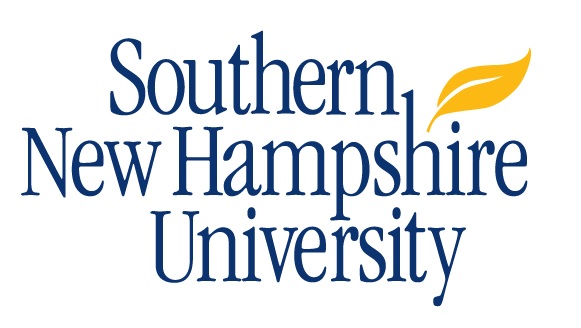

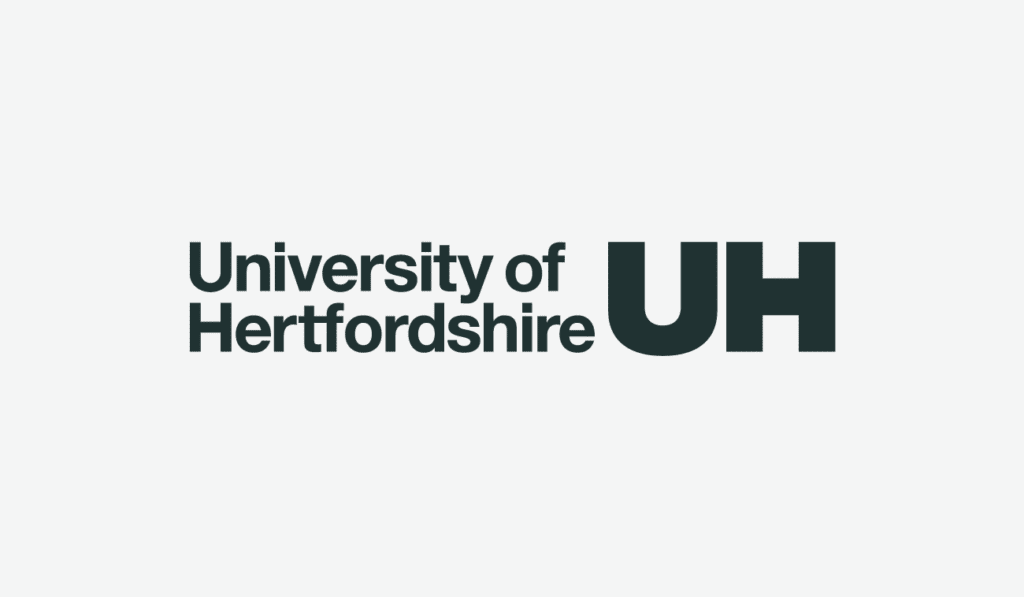
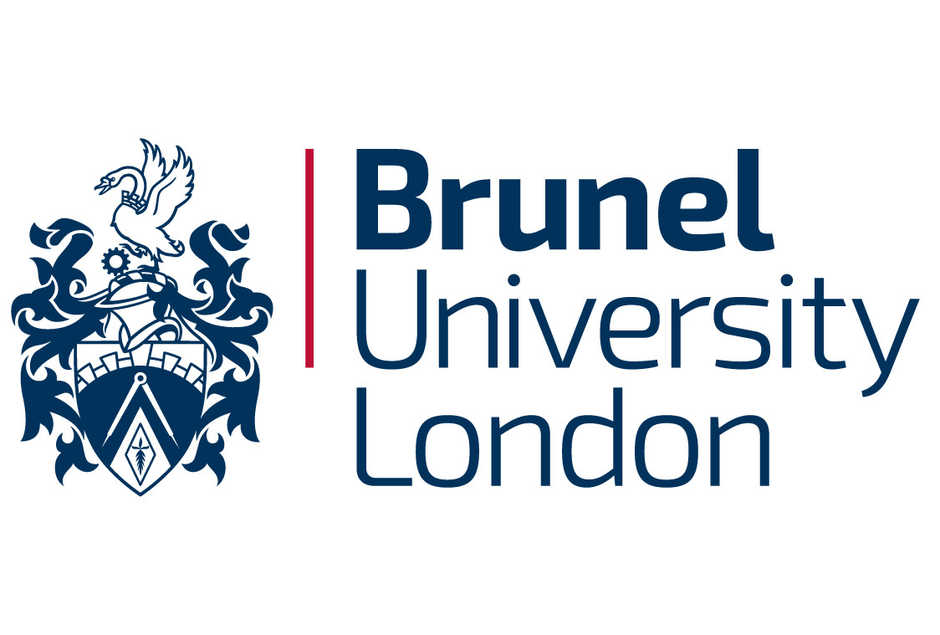

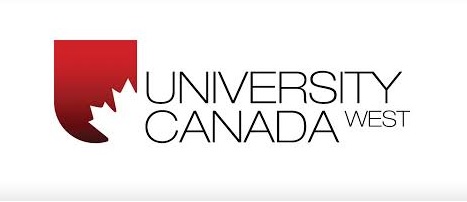
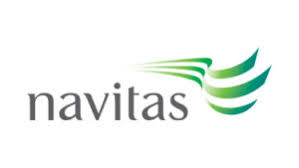

Our Next-Gen Consultants are Here to Empower
Afghan Students to Achieve Global Success and
Unforgettable Travel Experiences.
Our Next-Gen Consultants are Here to Empower Afghan Students to Achieve Global Success and Unforgettable Travel Experiences.
Failure is an inevitable part of life and can often be a source of discouragement. Many people view failure as a setback or an endpoint,…

Start to Star made my international university application process simple and stress-free. Their expert advice and thorough assistance ensured I got my admission and student visa without any hassle. Outstanding service!
Khalid Oryakhil

Thanks to Start to Star, I’m now studying at my dream university in Canada. Their professional guidance and support throughout the visa application process were invaluable. Highly recommend their services!
Najiba Nabizada

Planning my vacation to Brazil was a breeze with Start to Star. They handled all the paperwork and ensured I got my tourism visa on time. Their team is knowledgeable and very helpful. I’ll definitely use their services again!
Atal Dawoodzay

Start to Star exceeded my expectations. Their expertise in handling education and student visa applications is unmatched. They made the entire process for my visa to Canada smooth and stress-free.
Jamal Noory

I had a fantastic experience with Start to Star. They provided excellent support in obtaining my tourism visa quickly and efficiently. The staff was friendly and always available to answer my questions. Highly recommend!
Khaista Mohsin
Ready to embark on your educational journey abroad or plan an unforgettable trip?
At Start to Star, we’re here to guide you every step of the way. Whether you have questions
about the application process, need visa assistance, or just want to explore your options, our
dedicated team is here to help.
Explore Our In-Depth Knowledge Base for All the Guidance and Answers You Need!
We provide comprehensive study abroad consultation, visa consultancy, and tourism
visa services to help you achieve your global education and travel dreams.
You can begin by scheduling a consultation through our website. Our experts will guide
you through every step of the process, from choosing the right destination to securing
your visa.
We assist students in applying to universities in popular study destinations such as the
USA, UK, Canada, Australia, and many more.
We specialize in student visas, but we also provide support for tourism visas and visa
renewals/extensions.
Yes, we offer guidance on finding and applying for scholarships to help ease the financial
burden of studying abroad.
Our process includes personalized consultation, application assistance, document
preparation, and interview coaching to ensure you have the best chance of acceptance.
The duration varies depending on the country and type of visa. Our experts will provide
an estimated timeline based on your specific application.
Yes, we provide pre-departure support, including orientation sessions, accommodation
assistance, and tips on cultural adaptation and managing finances abroad.
Our consultants will help you understand the reasons for rejection and guide you
through the process of reapplying or exploring alternative options.
You can reach us via email, phone, or by filling out the contact form on our website. Our
team is here to assist you with any queries you may have.
We understand the unique challenges faced by Afghan students and provide tailored
support to help you navigate the study abroad process smoothly and successfully.